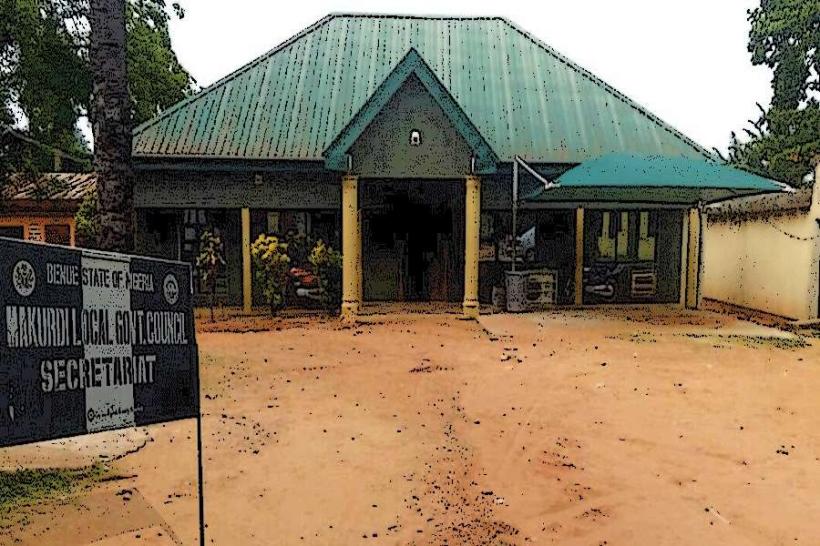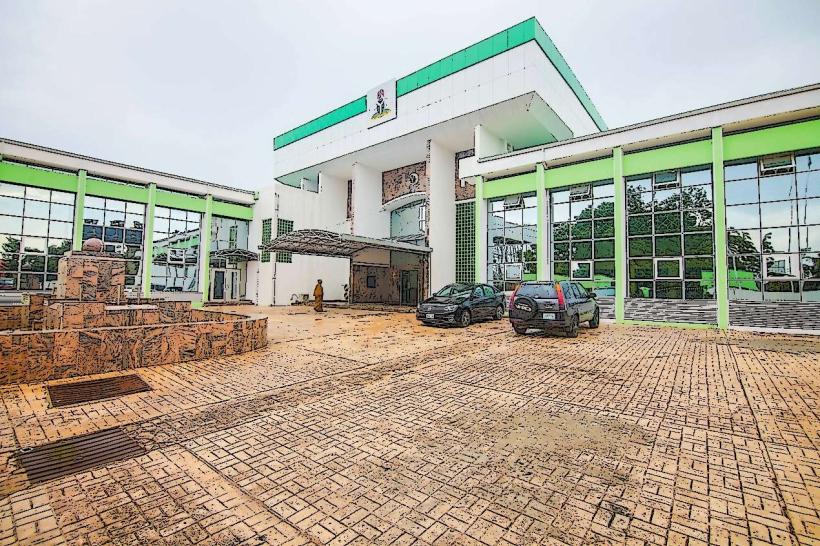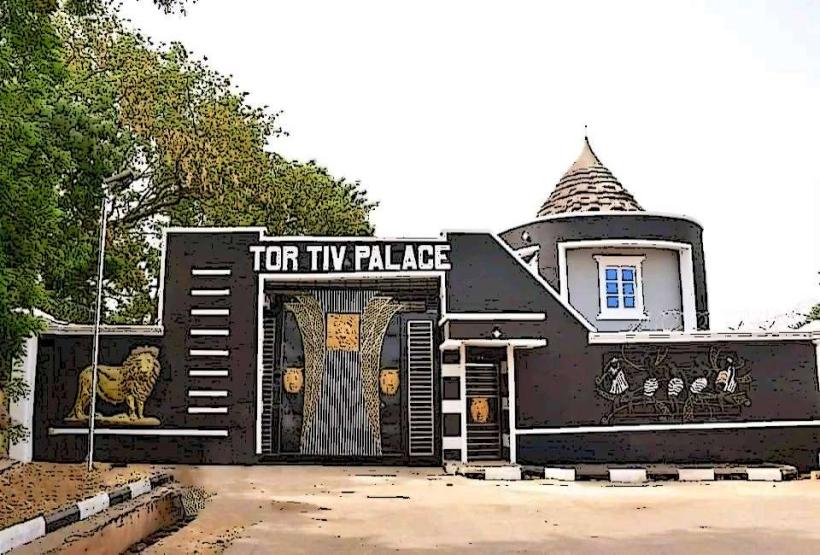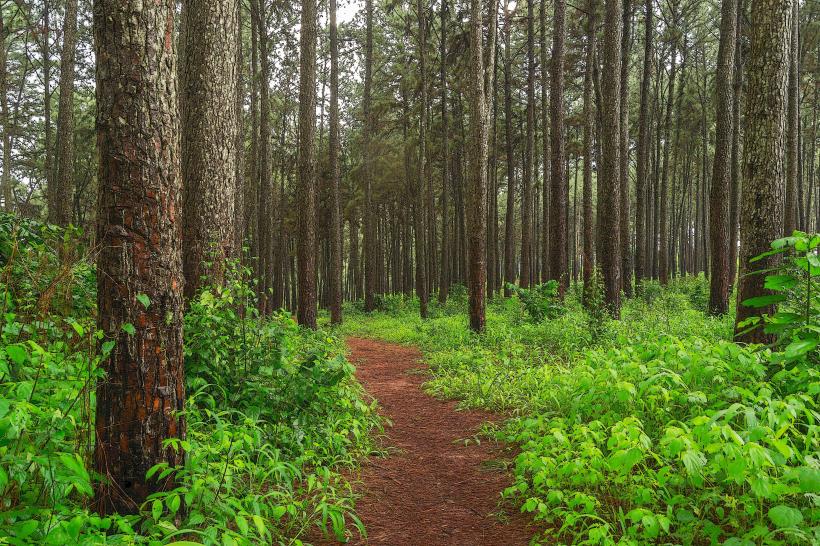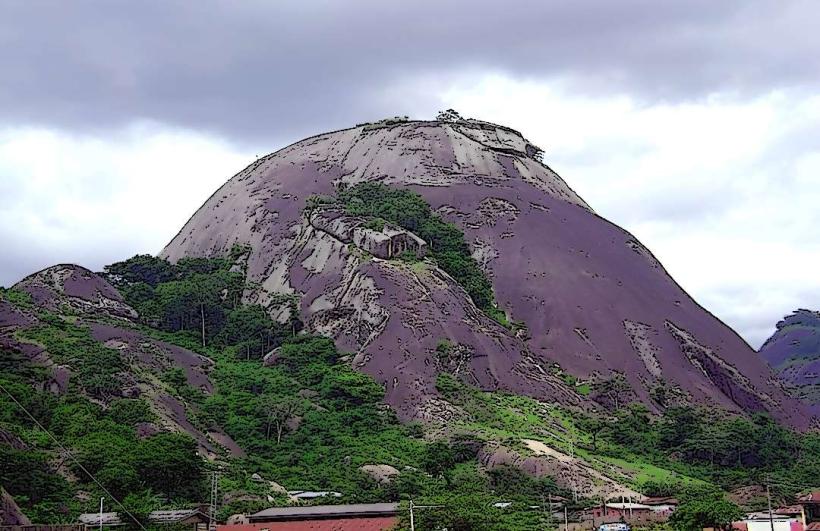Information
City: MakurdiCountry: Nigeria
Continent: Africa
Makurdi, Nigeria, Africa
Makurdi serves as the administrative capital of Benue State and the primary logistics node for Nigeria’s middle belt agricultural trade. It is situated on the banks of the Benue River, the largest tributary of the Niger River, and functions as a strategic base for the Nigerian Air Force.
Historical Timeline
Makurdi was founded in the early 1920s as a colonial river port and railway station. It transitioned from a localized trade outpost to a state capital upon the creation of Benue State in 1976. The most significant political reconstruction followed the 2012 and 2022 flood events, which forced a redesign of the city’s drainage and riverbank infrastructure. The primary event shaping its current urban form was the construction of the 1932 railway bridge, which established the city as a critical transit point between Northern and Southern Nigeria.
Demographics & Population
The metropolitan population is approximately 520,000 as of 2026. The top three ethnic demographics are the Tiv, Idoma, and Igede. The median age is approximately 18.5 years.
Urban Layout & Key Districts
The city is organized linearly along the southern and northern banks of the Benue River. Key districts include the Government Reserved Area (GRA) to the south, containing the administrative core; High Level, the primary commercial and transport district; and North Bank, located across the river and housing the military and university sectors.
Top City Landmarks
The Benue River Bridge
Benue State University (BSU)
IBB Square
The Food Basket Monument
Aper Aku Stadium
Transportation Network
Internal movement relies on a network of paved arterial roads. Transit is dominated by "Keke" (tricycles) and "Okada" (motorcycles), though motorcycle use is periodically restricted for security. There is no metro system. Ride-sharing is limited, with local taxis being the primary automotive option. Traffic density is moderate, peaking at the Wurukum Roundabout.
Safety & "Red Zones"
The safety level is moderate. Caution is advised in the North Bank and Wadata areas at night due to reports of cult-related violence and petty theft. Rural outskirts of the city have faced challenges regarding herdsmen-farmer conflicts; travelers are advised to remain within the metropolitan urban perimeter.
Digital & Financial Infrastructure
Average internet speeds are 20–35 Mbps on 4G networks. Main carriers are MTN, Airtel, and Glo. Card acceptance is high in formal hotels and supermarkets in the GRA, but cash is mandatory for market trade. ATMs are concentrated along the New Otukpo Road and the Wurukum axis.
Climate & Air Quality
Temperatures range from 21°C to 38°C. Makurdi is known for extreme heat, particularly in March and April. The rainy season spans April to October. Air quality is generally good, though the city is prone to seasonal dust during the Harmattan and smoke from agricultural clearing in the surrounding plains.
Culture & Social Norms
Tipping is voluntary but appreciated (5%). Handshakes are the standard greeting, often accompanied by local Tiv or Idoma pleasantries. Dress code is conservative-professional in offices and relaxed-traditional elsewhere. Alcohol is widely available and culturally integrated, particularly "Burukutu" (traditional grain beer) in local spots.
Accommodation Zones
GRA: Recommended for high security, quiet environment, and proximity to government offices.
Wurukum: Recommended for logistical access to transport hubs and local markets.
Local Cost Index
1 Espresso: ₦3,000 ($2.00)
1 Standard Lunch: ₦7,500 ($5.00)
1 Metro/Bus Ticket: ₦600 ($0.40) - Keke/Okada rate.
Nearby Day Trips
Ikwe Holiday Resort: 35 km (45 minutes)
Doma Dam: 90 km (100 minutes)
Montane Games Reserve: 120 km (150 minutes)
Ushongo Hills: 100 km (120 minutes)
Facts & Legends
Makurdi is the center of the "Food Basket of the Nation" identity. A local legend involves the "River Benue Mami Wata" (Water Spirit), which is said to inhabit the deep currents near the old bridge. Local fishermen claim that during the annual flood peaks, the spirit demands specific traditional offerings to ensure the safety of the bridge and the success of the harvest.

